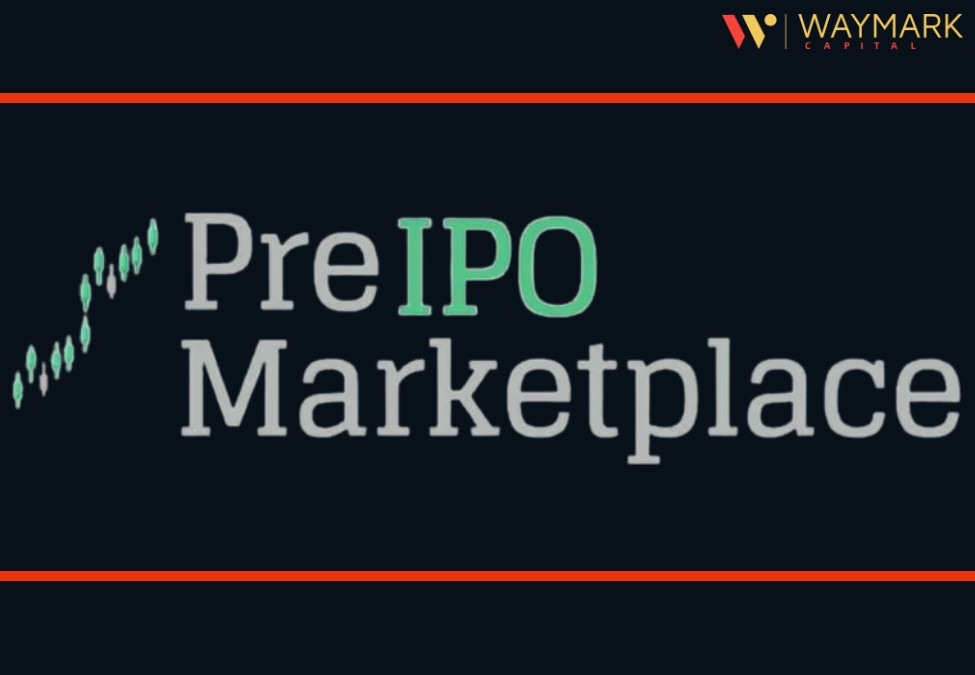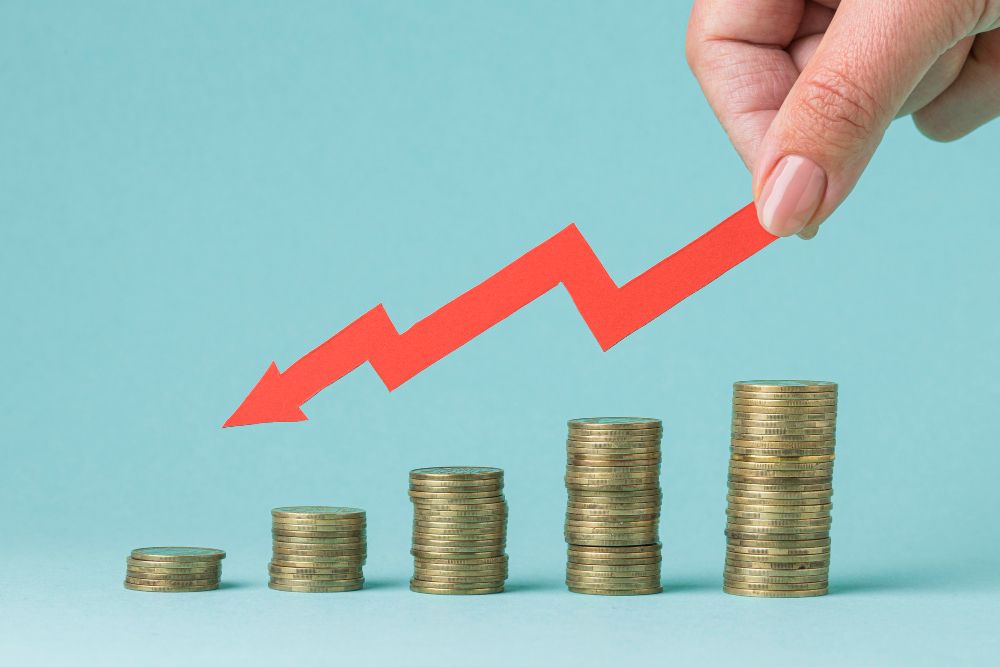
6 December 2022
By offering Pre-IPO shares, companies going public can raise funds and offset risk in case their IPOs aren’t successful. Pre-IPO shares also make it possible for private investors to access the shares of a company at a discounted price, usually about 15%.
It’s for this reason that Pre-IPO shares are most of the time the lowest price point for investors to buy shares. But for investors to buy these shares, they need to go to a Pre-IPO marketplace.
A Pre-IPO marketplace gives accredited investors access to Pre-IPO companies. A Pre-IPO marketplace aims to link investors with companies with the highest Pre-IPO prospects.
This approach helps accredited investors learn as much as possible about the companies they should be looking to venture in. In addition, a Pre-IPO marketplace has a dedicated team that lends its expertise to investors to help them make sound decisions.
Yes, you can. Before companies conduct their initial public offerings, the only people typically allowed to own shares are company insiders like founders and staff, as well as institutional investors like venture capital and private equity firms.
Individual investors have found it difficult to acquire shares. Still, nowadays, Pre-IPO marketplaces allow them to invest in companies conducting IPOs in the future.
If you want to buy Pre-IPO shares, you need to understand how to go about this process. Typically, there are three ways to do this including:
The first way to buy Pre-IPO shares is to assume the role of a professional investor, such as a high net-worth individual or venture capitalist.
If you have the means to provide early-stage and late-stage financing to a startup that is crowdfunding or fundraising, you automatically own shares before it goes public, and you can benefit massively after the IPO.

The second way to buy Pre-IPO shares is indirect. Typically buying shares in a company that has yet to go public is difficult due to the prerequisites.
If you’re unable to meet these prerequisites or deem the risk too high but you’d still want to invest in Pre-IPO companies, you should do so indirectly. There are two ways to go about this:
Public equity ETFs like Morgan Creek-Exos SPAC Originated ETF (SPXZ) pool funds from investors and uses them to buy a wide range of Pre-IPO shares.
Public venture capital firms trade in the NYSE (New York Stock Exchange) and other exchanges. These include AGM (Apollo Global Management) and Blackstone Group, which allow you to buy shares in Pre-IPO companies.
Brokers are often part and parcel of Pre-IPO proceedings. Some may have bought stock they’re willing to dispose of or represent sellers looking to sell some of their stock.
If you have a broker, make sure you enquire if they have Pre-IPO stocks or sellers looking to sell part of their shares. You can also look for a broker-dealer that specializes in Pre-IPO shares.
Yes, buying shares before a company goes public is a good idea. Why? Because investing in a company before it goes public has numerous benefits that can’t be duplicated in any other type of investment opportunities. Some of these benefits include:
One of the core benefits of investing in Pre-IPO companies is that you’re putting your money in a company that might be on its way up. If the company eventually succeeds, you have the chance to build long-term wealth.
One of the main reasons experienced investors decide to venture into companies before they go public is the chance to profit massively. If you have access to Pre-IPO companies and pick the right one, you’ll most likely profit massively.
When you buy shares before a company goes public, there is no guarantee that the company will perform well once it conducts its IPO. Most companies usually offer their Pre-IPO shares at discounted rates to offset this risk.
If you have bought shares before a company has gone public, there is a lock-in period of 12 months. You can’t sell your stock until the lock-in period of 12 months’ lapses. As a result, you can’t sell your shares on the listing day.
Like any other investment, Pre-IPO shares have risks that you need to consider prior to making an investment decision. Some of the risks of Pre-IPO stocks include:
When dealing with Pre-IPO stocks, you should know that dividends are rare or completely unavailable because these companies are startups starting to find their feet in their respective markets. As a result, these companies rarely pay dividends because they’re more concerned with plowing back profits into the business to help with expansion, R&D, etc.
When you decide to go about Pre-IPO investing, you expect that the company will list on a stock market in the near future. But you aren’t sure if the IPO will come to fruition; it can be halted, postponed, or canceled altogether for various reasons.
Another risk associated with Pre-IPO investing is failure to get the financial information you need to make an informed decision. Public companies are mandated by regulators to disclose their financial data, but private companies have no such requirements.

Perhaps the biggest risk of Pre-IPO investing is the risk of low returns. If the IPO doesn’t meet expectations and there is no demand for the company’s shares, you might not get high returns if you decide to sell your Pre-IPO stock.
Share dilution happens when a company issues new shares, which lowers the ownership of existing shareholders. When a company adds new shares, each existing share loses value. As a result, Pre-IPO investments can be subject to share dilution.
Data from the NBER (National Bureau of Economic Research) shows that the average return on companies before they go public is about 700%. This means if an investor invests Pre-IPO when the stock is at $10, they will sell the shares at an IPO price of $70 per share.
The Pre-IPO secondary market is a market in which original shareholders of private companies, like early investors, staff members, and ex-employees, can use to transfer their ownership in the company in exchange for cash or liquidity.
The sale proceeds are directly remitted to the selling shareholder instead of the company hence why they are considered secondary trades.
Pre-IPO marketplaces offer meaningful allocations with vast profit potential. Imagine earning up to 7000% from a single position. Investors who took positions in tech companies like Airbnb, Amazon, and Facebook, now Meta, before they went public have profited massively.
Pre-IPO marketplaces can help take your investment portfolio to new heights. Access to high-potential equities can boost your investment portfolio.
Pre-IPO investment is by no means easy. Without financial data and resources like Pre-IPO marketplaces, it’s difficult to unearth the best private companies looking to go public. Here are some of the best Pre-IPO marketplaces:
EquityZen is a Pre-IPO marketplace that offers Pre-IPO shares in specific companies. EquityZen also offers Pre-IPO funds that allow investors to invest in various Pre-IPO companies like SpaceX before they list in public markets.
To date, EquityZen has listed Pre-IPO stocks of companies like EV manufacturer Rivian among others. The minimum investment with EquityZen is $10,000.
Forge Global is another top Pre-IPO marketplace. It recently merged with SharesPost to create one of the largest Pre-IPO marketplaces in the world. The minimum investment with Forge Global is $10,000, albeit some sales require more money.
The Nasdaq Private Market is a SaaS (software-as-a-service) company that allows companies to tender share buybacks and individual investors to make offers. Since its introduction in 2013, the Nasdaq private market has exceeded $40 billion in valuation.
To sum it all up, the Pre-IPO marketplace comes with substantial risks, and it can be challenging for investors to find stock in companies they want. However, while there are many prerequisites and restrictions, it’s still not impossible to make Pre-IPO buying work. Therefore, check out the Pre-IPO marketplaces listed above if you want to buy stock Pre-IPO.
Image Credit: